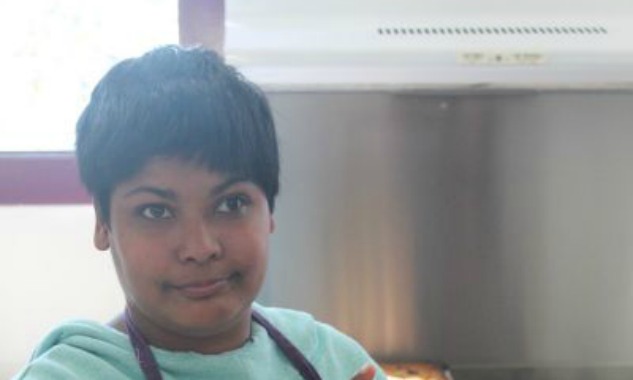Social enterprise, Able Bakehouse, plans to expand in order to engage more people with complex disabilities to work for the baked goods business.
Founded in 2012 as the social enterprise venture of not-for-profit Melba Support Services, the Able Bakehouse provides meaningful employment and community involvement for 40 people with complex disabilities – many who were previously deemed unemployable by disability agencies.
Under the guidance of an experienced chef, Able Bakehouse employees bake, market, package and deliver quality biscuits and slices to surrounding businesses such as Bean Seen cafe and Mr K Deli.
After receiving a grant from the Lord Mayor’s Charitable Foundation, Able Bakehouse manager David Glazebrook used part of the funding to contract TDi to help the enterprise become commercially and financially sustainable, without losing sight of its mission. The grant also funded work with The Australian Centre for Social Innovation (TACSI) to improve service design.
As a result of the consultation with TDi, the Able Bakehouse is planning to expand its kitchen at Box Hill Institute’s Lilydale campus to allow employees to spend twice as much time working at the Able Bakehouse, further increasing the enterprise’s positive impact and bakery production.
“TDi really pushed us hard, but in a respectful way. The team helped us hone in on what was achievable in the long term, then worked on all areas of our business development,” Glazebrook said.
“TDi advised us to scale back a grant application and actually ask for less, which was more realistic with what we could achieve, and a first step towards reducing our reliance on grant funding.
“After the consultation we also invested in market research, which revealed our clients continue buying Able Bakehouse products because of the quality, and that our gluten-free options are really popular with customers.”
TDi CEO Bessi Graham said by returning to the roots of business, enterprises could address community needs, such as independence and purpose for people with complex disabilities, while also returning a profit.
“TDi firmly believes there is a business model for doing good and making money at the same time. Businesses large and small can solve some of our most pressing social and environmental challenges while making a profit,” Graham said.












